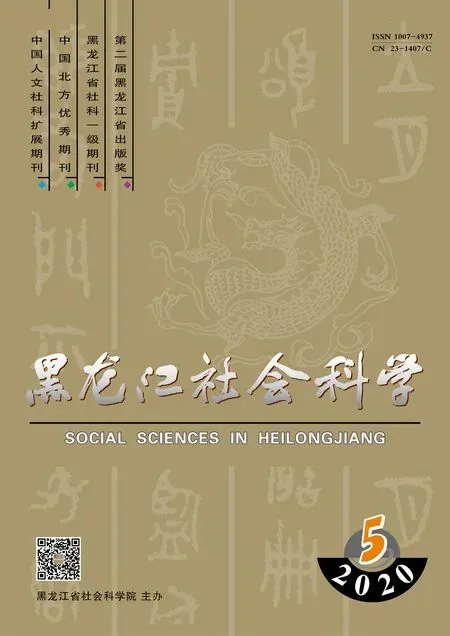ABSTRACTS
Reflection on Modernity in Habermas’ Theory of Life World
Xu Miaomiao, Liu Dong
(HarbinInstituteofTechnology,SchoolofMarxism,Harbin150001)
Abstract: Habermas’ theory of life world contains his reflection on modernity. In Habermas’ view, the colonization of the life world in modern society reflects three aspects of the emergence of the modern dilemma, namely, the alienation of communication in social life, the weakening of community consciousness and the one-dimensional development of subjective rationalism. The causes of modernity dilemma are the misuse of discourse in daily life and the prevalence of egocentrism. In view of this, Habermas, on the one hand, advocates the use of universal pragmatic principles in life situations to solve the problem of communication alienation; on the other hand, he emphasizes that communicative rationality should be advocated to strengthen the sense of community in order to reconstruct the unfinished work of modernity.
Keywords:Habermas; Life World; Modernity Reflection; Communicative Action
Theoretical Origin, Basic Meaning and Formation Mechanism of Social Governance in the New Era
Wei Chonghui1, Zhang Yueyang2
(1.ShanghaiJiaotongUniversity,SchoolofMarxism,Shanghai200240; 2.NanjingUniversity,SchoolofMarxism,Nanjing210023)
Abstract:At the 19th National Congress of the Communist Party of China, while emphasizing“improving the social governance system of Party committee leadership, government responsibility, social coordination, public participation, and legal protection”, it proposed to “create a social governance pattern of co- construction, co-governance and sharing”, highlighting the importance and emphasis on the multi-subject consultative governance under the leadership of the Party. China’s social governance is essentially a multi-party consultative governance under the leadership of the Communist Party. China’s social governance should coordinate the government, the market, citizens and other multiple subjects, integrate multi resources, form an orderly situation of “in their position, seek their affairs, and fulfill their duties”, create a social governance community in which everyone is responsible, everyone is responsible and everyone enjoys it, and strive to promote the benign interaction of multiple subjects from the perspective of the duality of state and society. The basic elements of social governance in the new era are co-construction, the core of which is co-governance and the goal is sharing. The study of the theoretical origin, basic implication and generation mechanism of social governance in the new era is conducive to further understanding and practicing Xi Jinping’s socialist thought with Chinese characteristics in the new era.
Keywords:the New Era; the Fourth Plenary Session of the 19th CPC Central Committee; Co-construction, Co-governance and Sharing; Social Governance; National Governance

